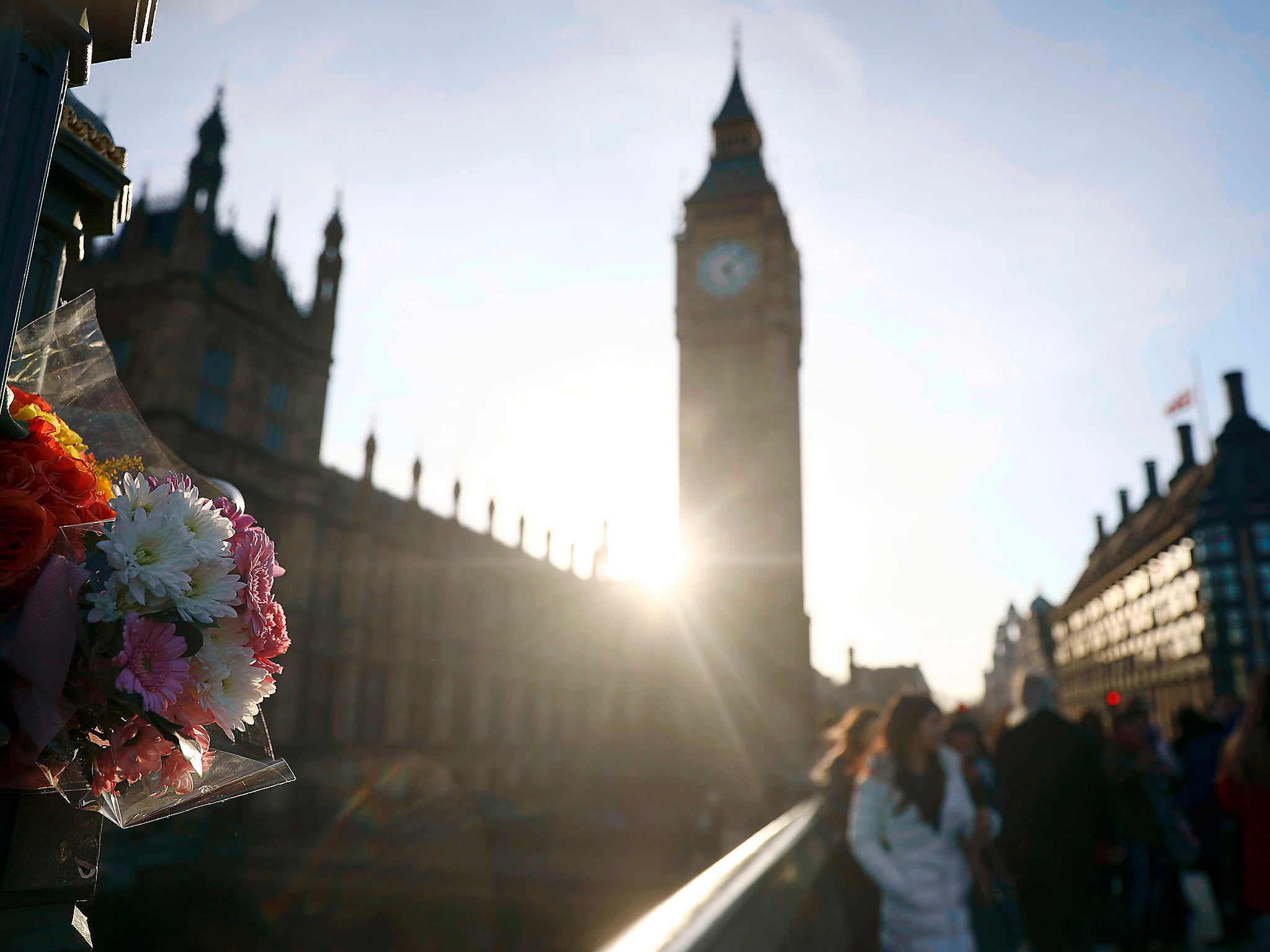Theresa May will trigger Article 50 next week – but what exactly will happen after that?
This will be the point of no return, despite the hopes of Tony Blair and others that the public will change their mind when they see what Brexit really does mean


Normal politics is on hold after the terrorist attack at Westminster, but will resume next Wednesday, when Theresa May sends a letter to the EU under Article 50 of its Lisbon Treaty that will formally start the UK's two-year exit process.
Although we know it’s coming, it will still be a hugely symbolic moment – probably the point of no return, despite the hopes of Tony Blair and others that the public will change their mind when they see what Brexit really does mean.
May will mark the moment by outlining the Great Repeal Bill, a deliberate echo of the 1832 Great Reform Bill which extended parliamentary representation to new industrial centres like Birmingham and Manchester. The parallel is misleading. Ministers will trumpet their measure as revoking the 1972 Act which took us into the European Community. On the contrary, it will write an estimated 27,000 EU legislative acts into UK law to prevent a “cliff edge” on Brexit day in 2019, giving the Government time to decide which of them to keep, water down, beef up or scrap.
A White Paper due to be published alongside the Article 50 letter will spell out how this complex task will be carried out. The bill is expected to include a “Henry VIII clause” giving ministers sweeping powers to decide what to keep, without normal parliamentary scrutiny – named after a 1539 Act handing the king power to legislate by proclamation.
Ministers will argue that this is the only way to manage the mammoth task of sifting through 45 years of EU laws, and will be right. They will doubtless promise to use their powers to act without approval from MPs and peers only for “technical” changes such as replacing an EU regulatory body with a UK one.
The devil will be in the detail. MPs and peers will fully debate up to 15 bills stemming from Brexit, including on immigration, customs and trade, but thousands of pages of statutes will be dealt with by secondary legislation. Under the most common method, there is no debate in Parliament on such “statutory instruments” unless an objection is raised. Another option is for MPs and peers to discuss such laws without having the right to amend them.
This might all sound very nerdy, and ministers might be happy for the Brexit debate to run into the constitutional weeds. In fact, it is vitally important. The Government will come under strong pressure in both the Commons and Lords to provide safeguards to prevent it changing the law at will in areas including equality, the environment and workers’ or consumer rights.

Hopefully MPs will stand their ground this time. They were pretty spineless over the bill allowing May to invoke Article 50 – understandably, to avoid accusations of overturning the referendum decision. But they could and should show some backbone over the way the EU legislative mountain is tackled. Stopping a power grab by the executive at Parliament’s expense might just give Labour and the 30 pro-European Conservative MPs common cause.
However, I suspect it will fall to the unelected Lords to safeguard our democracy. Peers are already gearing up for battle. It won’t just be waged by Liberal Democrat peers, who ministers can accuse of trying to block Brexit. They will be joined by cross-bench, Labour and even some Tory peers who believe it would be a constitutional outrage for ministers to railroad through Brexit legislation. “As soon as anyone says ‘Henry VIII powers’, a lot of peers get very agitated,” said one senior figure in the Lords.
There will be the usual horse-trading. If ministers play hardball, they could revive plans to stop the Lords blocking secondary legislation, first mooted after peers defeated cuts to tax credits in 2015. Such threats would be wrong, and counterproductive.
The irony of the looming constitutional wrangle is that the Brexiteers warned that staying in the EU would mean “the steady and miserable erosion of parliamentary democracy in this country” – to quote Boris Johnson.
For me, the pivotal moment in the referendum campaign came when Johnson and his allies deployed their most powerful weapon – “take back control” – in one of the TV debates. The slogan worked on several levels. As the Foreign Secretary put it then: "The ideal position for us is to take back control – of huge amounts of money, so we can spend it on our priorities. Take back control of our immigration system, take back control – fundamentally – of our democracy."
The question now is: who is really taking control – ministers or Parliament? It matters.
Join our commenting forum
Join thought-provoking conversations, follow other Independent readers and see their replies
Comments
Bookmark popover
Removed from bookmarks